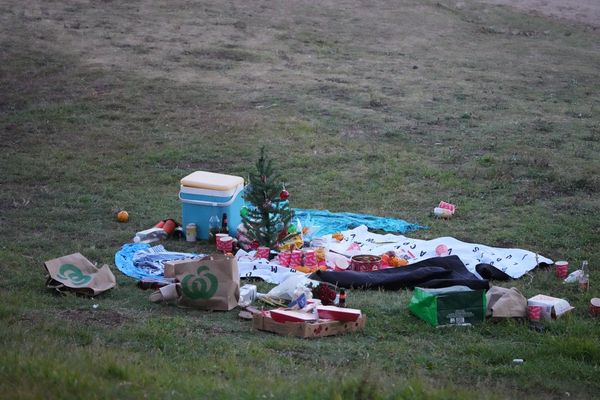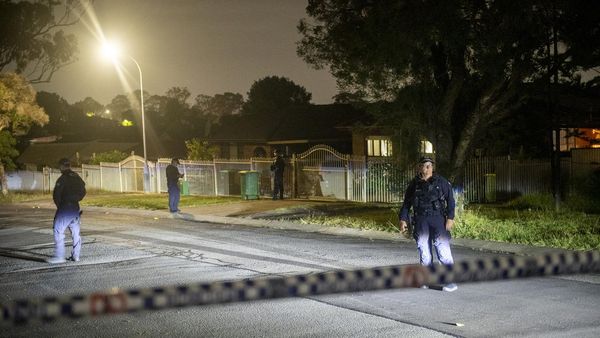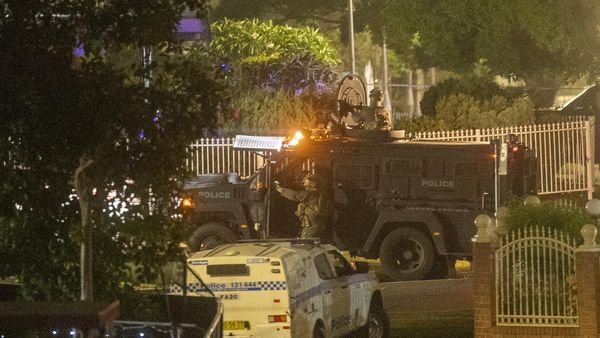The Enforcement Directorate (ED) has attached movable and immovable assets worth ₹3.92 crore belonging to Pravat Ranjan Biswal, former Biju Janata Dal MLA of Cuttack and Media Guru Consultants Private Ltd under the Prevention of Money Laundering Act (PMLA), 2002 in connection with a Ponzi scheme case.
The attached assets include a bank balance of ₹25 lakh at the SBI Cuttack Branch belonging to Mr. Biswal and one immovable property belonging to Media Guru Consultants Private Limited in Noida, Gautam Buddh Nagar, Uttar Pradesh.
The investigation was initiated under PMLA, 2002 based on the FIR and chargesheet filed by the Economic Offence Wing (EOW) of Crime Branch, Odisha Police and FIR, chargesheet filed by CBI, under various sections of the Indian Penal Code (IPC) against Seashore Group of Companies which were involved in the process of money laundering.
“These companies generated proceeds of crime and diverted the said tainted money into acquiring different movable and immovable properties. They fraudulently and dishonestly collected a huge amount from the general public out of which ₹25 lakh was diverted to the ex-MLA and his family members and ₹4 crore was diverted to Media Guru Consultants Private Ltd to set up a news and current affairs TV channel named STV Samachar,” said ED in a statement.
This directorate had earlier attached properties worth ₹258 crore by issuing four provisional attachment orders, which were duly confirmed by the adjudicating authority under PMLA and also filed a prosecution complaint before Special Court (PMLA). Further investigation into the matter is in progress. With this, the total attachment, in this case, is now ₹261.92 crore.
The Ponzi scheme pertains to the fraudulent collection of deposits from the gullible public in the guise of issuance of preferential shares by enrolling the depositors as members of cooperative societies. These companies were neither registered as Non-Banking Finance Company (NBFC) with the Reserve Bank of India (RBI) nor listed on the National Stock Exchange of India (NSE). The companies were not even authorised to collect such public deposits.
Subsequently, they suddenly shut down their business and defaulted in return to depositors after maturity and failed to pay even interest on the deposits despite repeated requests and approaches of the depositors.







